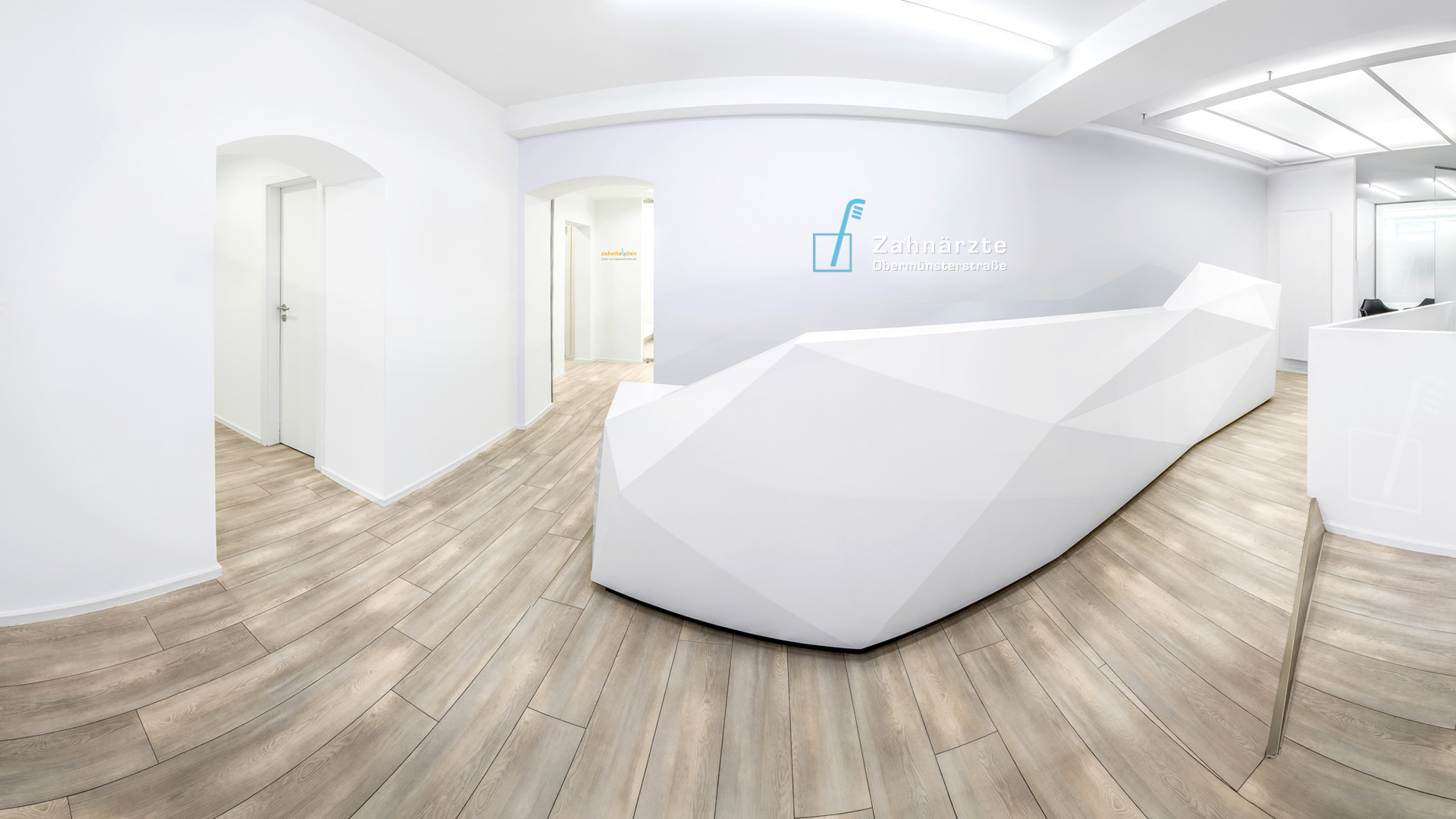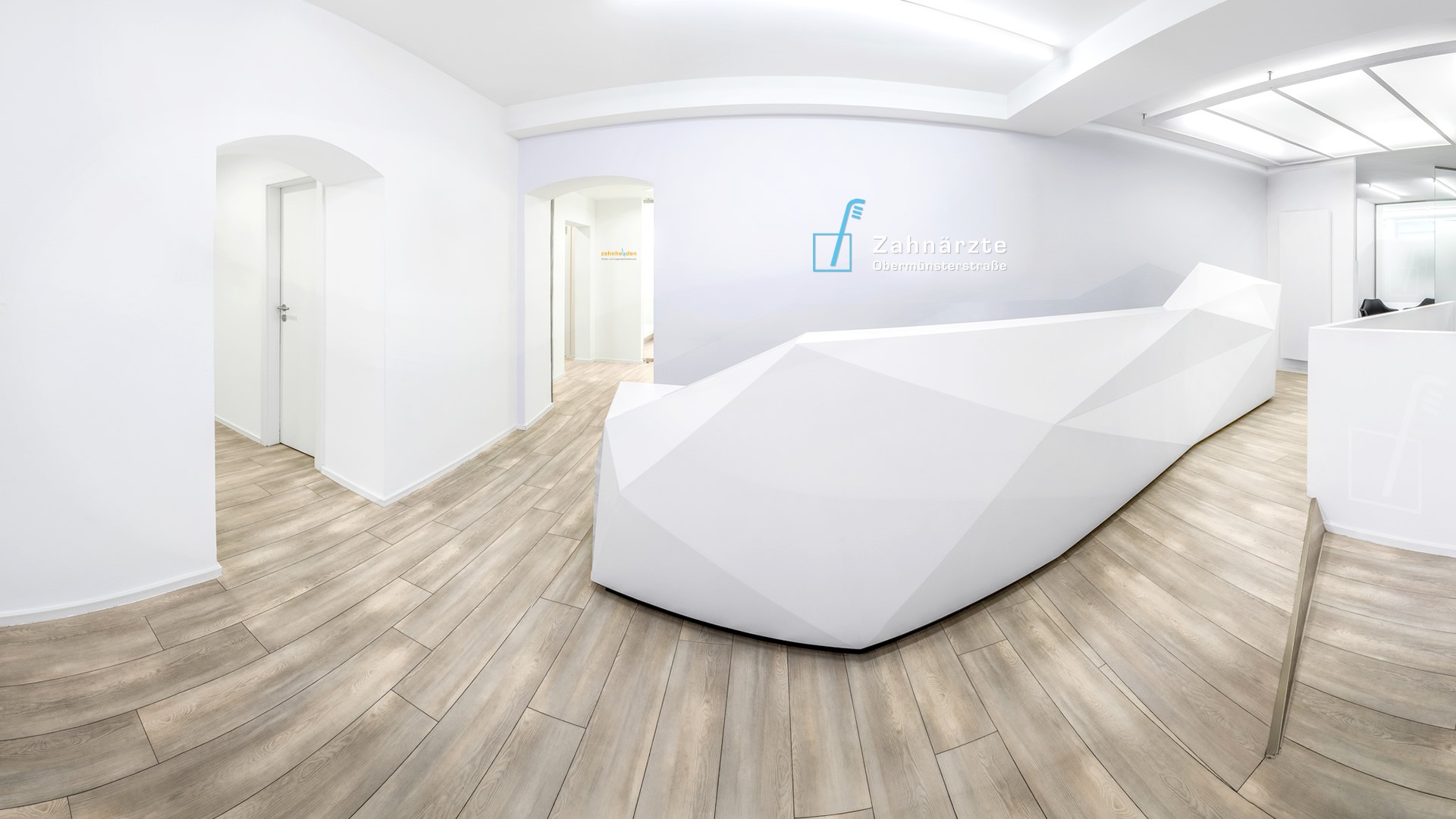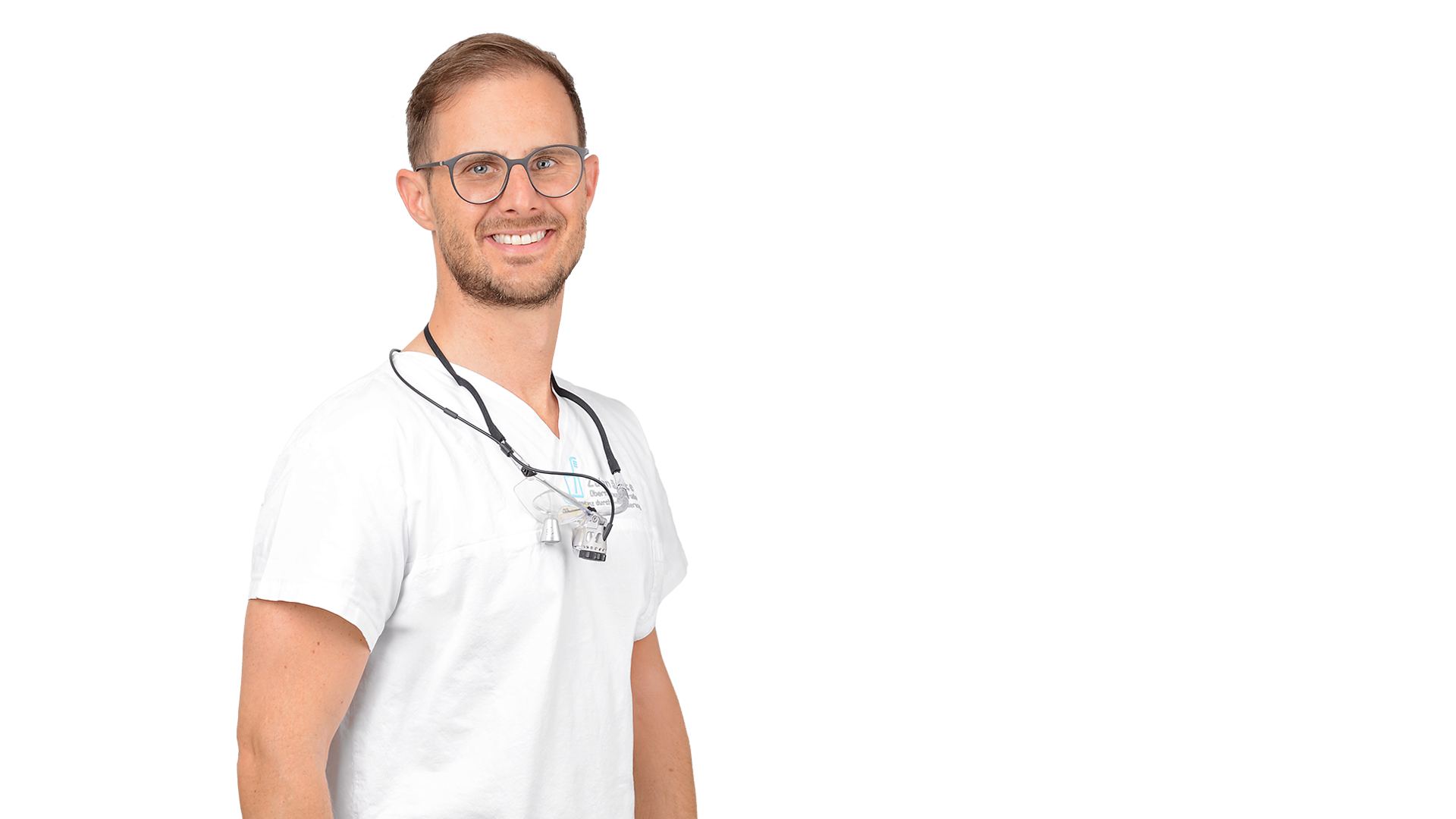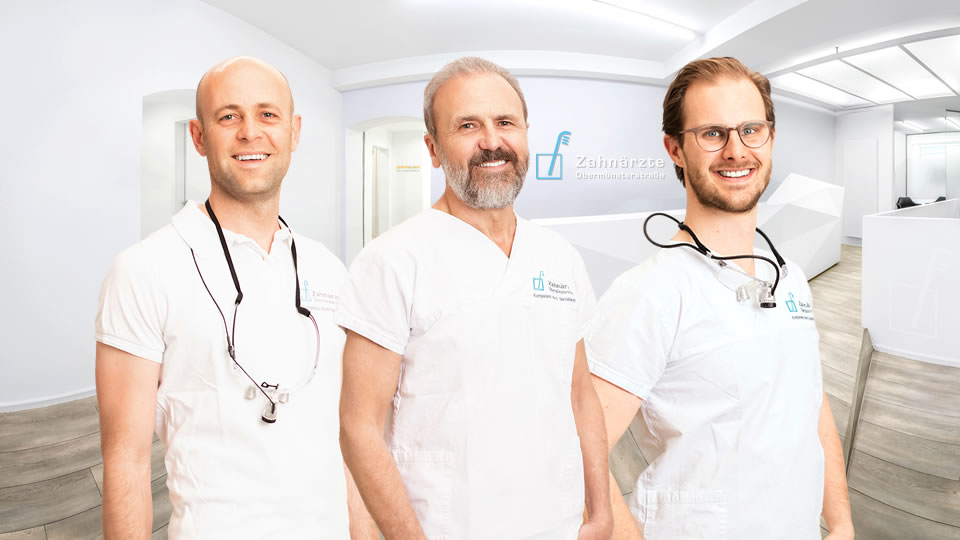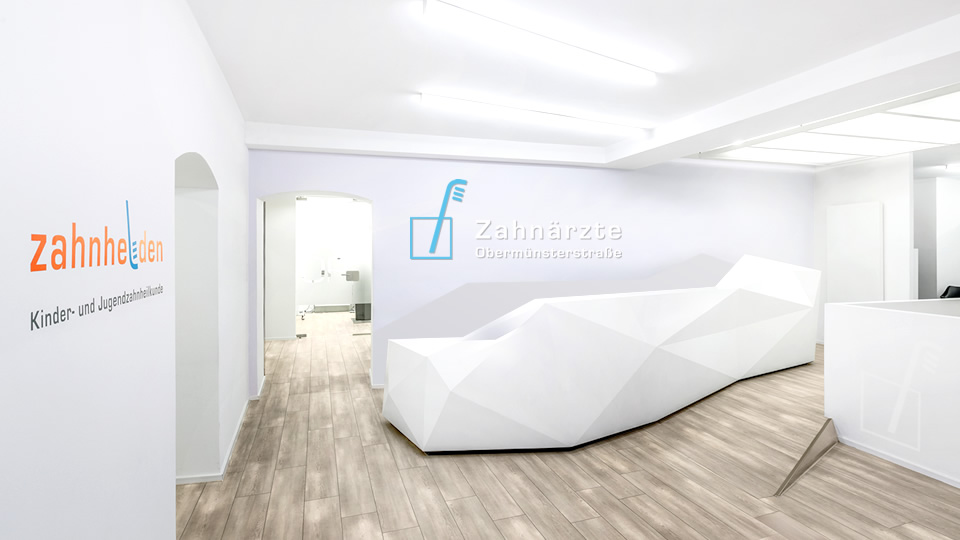Teeth grinding, also known as bruxism, is a common issue that can occur both during the day and at night and often leads to tooth wear, jaw pain, headaches, and neck pain. An innovative and effective treatment method that is gaining popularity is Botox.
Botox is a supplement or alternative to traditional splint therapy. It has minimal side effects, and some health insurances cover the treatment.
Now, there is a new method against teeth grinding: Botox.
While most people know Botox in the context of wrinkle treatment, it can also be used in medical applications. This new form of therapy offers many advantages, especially for patients who grind their teeth night and day. Botox is a neurotoxin that slightly reduces muscle activity, however it doesn't impair chewing. It merely reduces the pressure on the teeth by slightly decreasing muscle activity. As a result, the tension in the jaw decreases—both during the day and at night. There is also a guideline recommending the use of Botox for bruxism.
The effect of a Botox treatment occurs after a few days and lasts for about three to six months. The treatment may need to be repeated or followed up.
No local anaesthesia or sedation is required since it is a minimally invasive procedure.
If you suffer from teeth grinding and conventional treatments do not provide sufficient relief, Botox could be a viable alternative. Please schedule an appointment with us on Obermünsterstraße in Regensburg to learn more about this innovative treatment option.
Botox is a supplement or alternative to traditional splint therapy. It has minimal side effects, and some health insurances cover the treatment.
Botox for teeth grinding: effective treatment at your dentist in Regensburg
Bruxism refers to the unconscious and frequent clenching or grinding of teeth. It often happens during sleep but can also occur during the day. Causes can include stress, anxiety, sleep disorders, or improper tooth alignment. The most common treatment for people suffering from bruxism is a bite splint, worn mainly at night.Now, there is a new method against teeth grinding: Botox.
While most people know Botox in the context of wrinkle treatment, it can also be used in medical applications. This new form of therapy offers many advantages, especially for patients who grind their teeth night and day. Botox is a neurotoxin that slightly reduces muscle activity, however it doesn't impair chewing. It merely reduces the pressure on the teeth by slightly decreasing muscle activity. As a result, the tension in the jaw decreases—both during the day and at night. There is also a guideline recommending the use of Botox for bruxism.
The effect of a Botox treatment occurs after a few days and lasts for about three to six months. The treatment may need to be repeated or followed up.
The procedure of Botox treatment
After a thorough examination and consultation, Botox is injected into the affected muscles, specifically the masseter (the primary chewing muscle). The Botox treatment is quick and almost painless, performed in our practice. Most patients describe it as "a small prick" felt during the treatment.No local anaesthesia or sedation is required since it is a minimally invasive procedure.
Post-Botox-treatment behaviour
After Botox treatment, there is little to consider. You can resume normal daily activities, including eating and drinking. However, it would be best to avoid sports activities on the day of the procedure.Advantages of Botox treatment
Our patients report significantly reduced jaw, facial, and headache pain, which can lead to better sleep quality and enhanced well-being. Additionally, reduced teeth grinding decreases tooth wear, preventing costly dental treatments in the long term.Safety and side effects
As with any medical treatment, Botox therapy can have side effects. These may include temporary muscle weakness, pain at the injection site, or mild swelling. In our practice, experienced dentists perform the treatment to minimise the risk of side effects.Cost of Botox treatment for teeth grinding
Botox treatment in our dental practice in Regensburg costs, on average, between 300 and 350 euros. Supplementary insurance and private health insurance sometimes cover the cost.If you suffer from teeth grinding and conventional treatments do not provide sufficient relief, Botox could be a viable alternative. Please schedule an appointment with us on Obermünsterstraße in Regensburg to learn more about this innovative treatment option.
